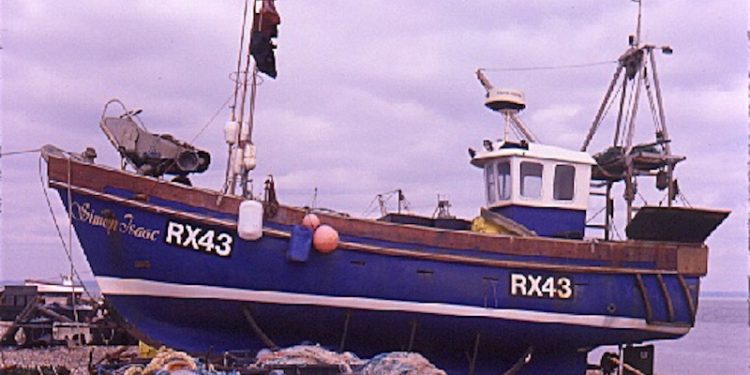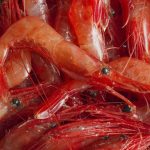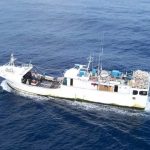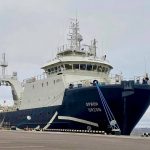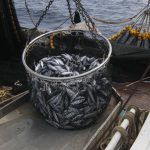The decline of much of the UK under 10m fleet has escaped much attention in the furore of claim and counter-claim around Britain’s departure from the European Union, according to Jerry Percy of the Coastal PO and director of coastal fishing organisation LIFE Platform.
In a statement, he commented that this state of affairs has been widely overlooked, including by industry body Seafish.
‘Unless something concrete and dramatic is done to help in the immediate future then the ever more seemingly ephemeral promises of a post-Brexit windfall of quota and access will be meaningless to those small scale coastal fishermen who have gone out of business in the meantime,’ he warned, commenting that a recent report by Seafarers UK highlights the ongoing decline seen in coastal towns.
‘The fact that this decline mirrors that of the inshore fleet in many areas is no coincidence,’ he said. ‘There are plenty of examples of where the apparently unimportant loss of a few boats on the beach or harbour in fact has a dramatic and lasting effect on the economics of the area. This issue is not reserved purely for the UK.’
‘In other EU states, economists and administrators have failed to recognise the intrinsic value of the presence of albeit small scale fishing activity in often isolated coastal communities without access to many alternative job opportunities. You lose the boats and the tourists don’t come, no ‘tourist experience’, no local fresh fish supply, a loss of culture, tradition and heritage as well as real and meaningful employment for the local population, both at sea and in support services ashore.’
He added that following the joing statement by Michael Gove and Ruth Davidson that Britain would be taking back control from March 2019, only days later, David Davis capitulated to the demands of the EU to include fishing aspects in the transition period.
‘This left those who had swallowed the government rhetoric of a brave new world for the small scale fleet desolated,’ he said.
‘So where to now for the under ten metre fleet in the face of what many experts consider will be an ever increasing transition period and in light of the clear weakness of the UK’s negotiating position? The EU has made any post-Brexit trade deal entirely contingent on continued access to UK fishing grounds and few hold out the hope that Davis and Co will suddenly develop a backbone in this respect. ‘
He commented that the under 10m fleet is left in limbo, struggling, and often failing to survive with a small percentage of the overall UK quota allocation, while promises of a post-Brexit lifeline are snatched away.
‘No-one can dispute that there is a misbalance in terms of the allocation of quota in the UK. The small scale fleet represents 77% of the fleet by number yet receives only a couple of per cent of the UK allocation. A Judicial Review in the High Court in 2013 made clear that the claim by the larger scale fleet that they had a legitimate expectation to their historic allocation of quota was without grounds,’ he said.
‘Additionally, EU law makes clear that a legitimate expectation can be defeated by an overriding public interest. As fish in the sea is a public resource then surely it is in the public’s overriding interest to ensure a fair and equitable allocation, that reflects the social and environmental elements of the catching sector and especially with regard to the indigenous inshore fleet, rather than to often powerful corporate interests at home or abroad?’
He states that it is also abundantly clear that with one sector making record annual profits, and with a significant amount of those profits benefitting foreign interests, while at the same time the other three-quarters of the UK fleet are being starved of the means of production and survival, that something needs to change.
‘The government really has quite a simple choice,’ he suggested.
‘The allocation of access to a public resource should provide the wherewithal for the many to make a living, rather than for the few to make a fortune. This is especially the case when the many are those that provide clear social, economic and environmental benefits to the vulnerable coastal communities identified by the Seafarers UK report and the few are often comprised of faceless corporate interests removing the wealth from our seas with little real benefit to local communities around our coasts.’
‘Mr Gove can reallocate the entire unused element of the UK’s large scale quota to the under tens tomorrow without having to provide compensation to the current holders. He can also begin the process of reallocating other quota, having given notice and negotiating a fairer balance. Irrespective of the outcomes of Brexit, many of the under ten fleet will not be around to witness them unless swift action is taken by the government to underpin their survival in the meantime.’

